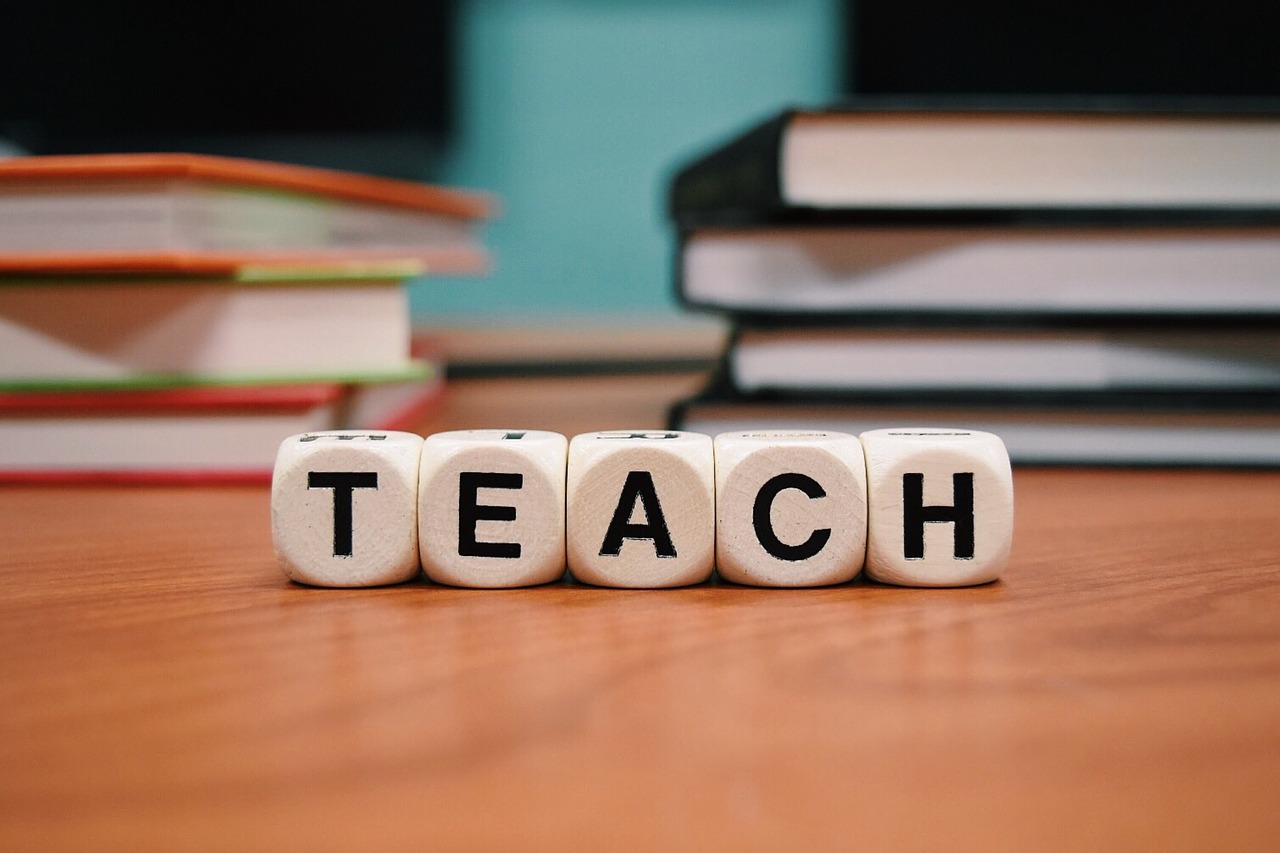My inquiry on barriers and strategies to forming strong home-school relationships has been very useful as an educator because this is a type of relationship I am going to be engaging in for my whole careers. This topic is something that is lasting, the only thing that may shift throughout my career is the language we use as well as the mode of communication, however the actual need for the relationship and communication will be everlasting. Since this relationship will impact my whole careers it was important that I do this research now before I have my own classroom and relationships to develop. The implications of this research can have an impact on other educators as well by sharing knowledge on this topic as well as strategies for difficult relationships.
I am curious, after doing this research and noting observations in my practicum class, as to what actions can I take when parents/guardians are not being responsive or withdraw from the relationship once you have established a relationship with them. My research has primarily been on creating strong home-school relationships, now that I have done my preliminary research on this topic and gathered some valuable strategies, I am left wondering, how are these relationships maintained over time?
The topic of my inquiry can be connected/linked to much of the coursework we have been doing in other courses because it a lot of what we have been learning is forming relationships and knowing your students as well as communicating learning. For example, in our classroom environment class, one important factor of creating an environment that is positive is building relationships with students. This can be extended to building relationships with the student’s home life because their day does not start the moment they walk in the school doors and does not end when they leave out those same doors. Building a relationship with a student’s home can create an even more positive classroom environment because parents/guardians can become engaged and more supportive of their child’s learning. Other coursework this had connections/links to is assessment. Involving a student’s home life is valuable because there is communication occurring about what their child is doing while they are away from home most of the day. A parent/guardian can also be involved in the assessment process. This allows the student and the parent/guardian to see areas of strength, growth, and what they still need to work on.
Going forward into my extended practicum, it is important to “live” this inquiry because this is a time that I can try different techniques in a very safe and supportive space. An idea that could be valuable is keeping a “home journal” that documents the interactions that I have with parents/guardians. Over time it would interesting to see how the interactions change and grow (or if they do at all). Another idea is learning about different family types and having a “family day” in the classroom as a fun way to get the parents/guardians into the classroom and building those types of positive relationships and interactions. I believe that the learning that I have had through this inquiry process will be valuable throughout my career as an educator, not only the content that I have covered but also the process.
